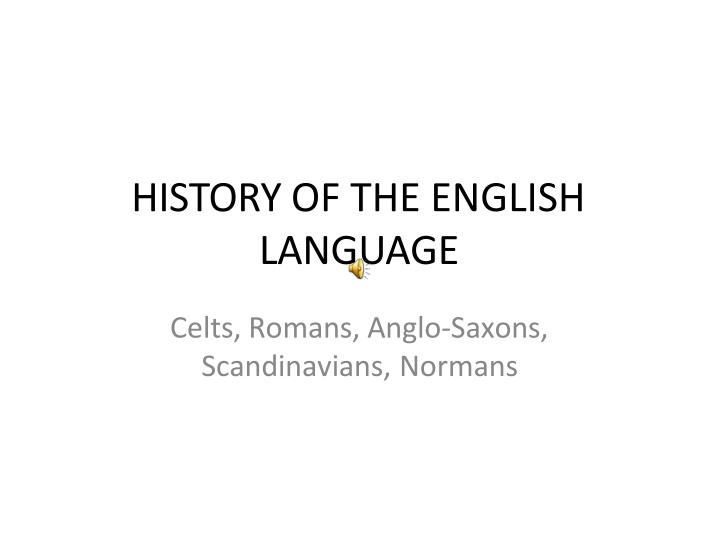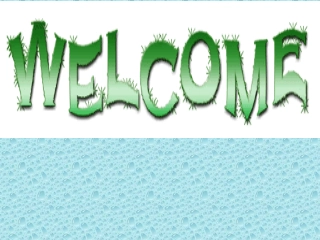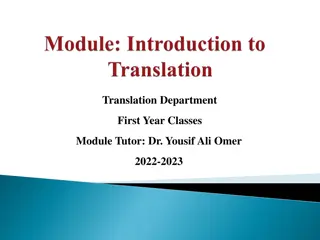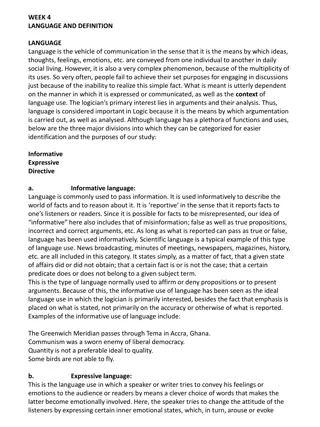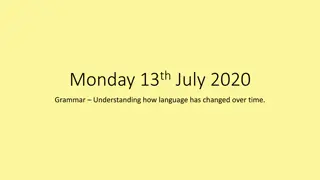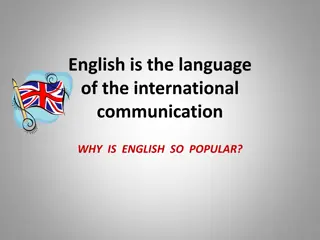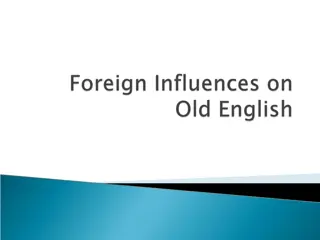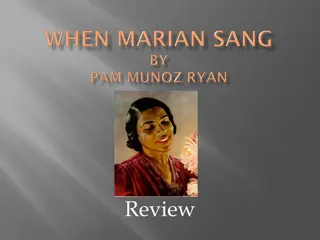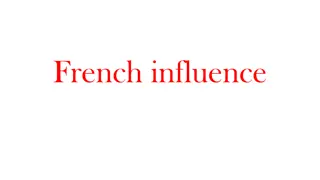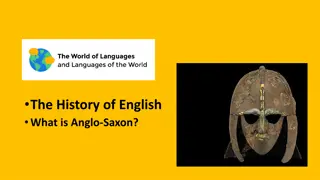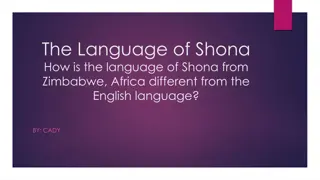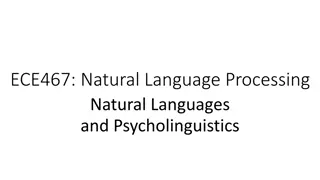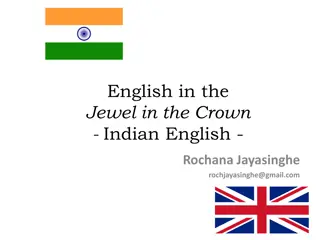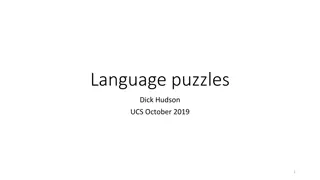History of English Language Influences and Evolution
The history of the English language is a fascinating journey shaped by Celts, Romans, Anglo-Saxons, Scandinavians, and Normans. Discover the impact of these diverse influences and the evolution of English as we know it today.
Download Presentation

Please find below an Image/Link to download the presentation.
The content on the website is provided AS IS for your information and personal use only. It may not be sold, licensed, or shared on other websites without obtaining consent from the author.If you encounter any issues during the download, it is possible that the publisher has removed the file from their server.
You are allowed to download the files provided on this website for personal or commercial use, subject to the condition that they are used lawfully. All files are the property of their respective owners.
The content on the website is provided AS IS for your information and personal use only. It may not be sold, licensed, or shared on other websites without obtaining consent from the author.
E N D
Presentation Transcript
HISTORY OF THE ENGLISH LANGUAGE Celts, Romans, Anglo-Saxons, Scandinavians, Normans
CH. ARUNA LECTURER IN ENGLISH HINDU COLLEGE GUNTUR
CELTS The Celts had been in Great Britain from the 5th century BC
Greek Writers described the Celts as a tall race, with weak bodies, white skin and blond hair. A people that liked war. They painted their faces and body and decoratedtheir hair. The Romanscalled them Pictus .
Stonehenge We can stillsee some Stone Monumentsfrom the Celts across the countrysideof Great Britain.
Some celebrations have Celtic origins. Halloween is typically linked to the Celtic festival of SAMHAIN, which comes from the Old Irish for SUMMER S END.The Spanish counterpart is the celebration of TODOS LOS SANTOS.
Celtic words in English: basket, bin, clock, slogan, whiskey, clan, pet, trousers, penguin,
The Romans came to Britain nearly 2000 years ago and changed the country. Even today, evidence of the Romans being there, can be seen in the ruins of Romanbuildings, forts, roads, and baths.
Hadrians Wall: The Romansbuilt a wall that separated Scotland from England. The wall kept the Britons from the attacks of the Scottish (Pictus), as the Romans were never able to conquer the northen territories.
Portchester Castle The Romans had to built forts on the East Coast to protect themselves from Germanic tribes that were beginning to invade Britain.
The Celts never spoke the language of the Romans, which was Latin, but adopted a few words, such as: Caester Castro (fortificaci n) Manchester Torr Tower Port Port W c village
The germanic invation: Jutes Saxons Angles
The Romanempire ended when the Germanic Tribes (Anglos, Jutes and Saxons) invaded Britannia (Great Britain), during the V century.
There seems to have been no large "invasion, but the tribes, notably the Jutes, Angles and Saxons, quickly established control over modern-day England.
Anglo-Saxon helmet
Alfred the Great, who was an Anglo- Saxon king, defended the British from the Vicking attacks.
The language of these Germanic invaders (Angles, Jutes and Saxons) was adopted by the population who previously spoke Celtic.
VIKING INVASIONS
In A.D. 789, the Vikings began raiding and plundering Britain with fire and sword
The Vikings burnt, destroyed, and killed during their raids. They destroyed most monasteries.
King Cnut, that was also the king of Norway, Denmark parts of Sweden and England died and was succeeded by the Anglo-Saxon king Edward the Confessor. Viking ship
Words of Scandinavian origin: Verbs: was, are, take, get Nouns: bag, ball, birth, window, viking, troll , sky, kid, knife Adjectives: happy, flat
The duke of Normandy, William, invaded England and became King William the Conqueror
He established a kingdomwhere the people at the court spoke French and the population spoke English
The Norman on the left is thinking: "Vous tes des barbares" ("You barbarians").
By the 13th century (Norman occupation), England had a trilingual composition: 1.French was the literary language and the language of the court. 2.Latin was the language of the church and legal documents. 3.English was the language among common people
At the end of the 13th century took place the reestablishmentof ENGLISH, but with numerous French words. The Canterbury Tales was the first novelwrittenin English.
French words in English: Noble, dame, servant, messenger, prison, cathedral, virgin, punishment, archer, army battle, enemy, button, bacon, beef, biscuit, art, rhyme, romance, poet, drama, and many many more .
So, we can say English is made of: 1. Celtic words 2. Latin words 3. Germanic words 4. Scandinavian words 5. French words
